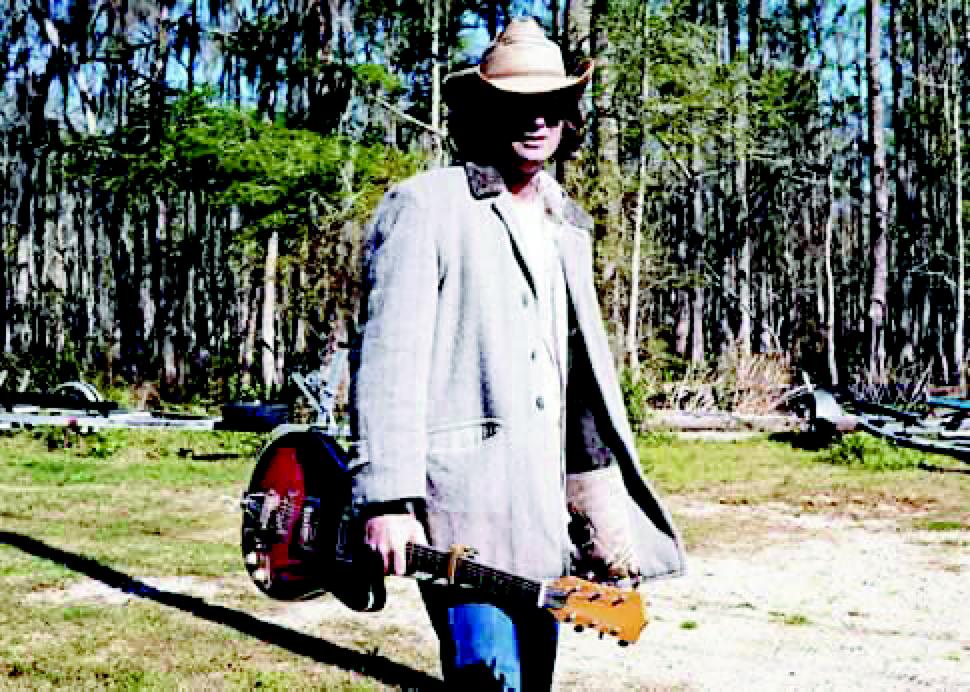But don't run off to pawn your boots just yet. The roots of country music are steadfast and strong, and still deeply planted in the psyche of American music. Praise the lord for musicians like Jim White, who've taken up the old charge in a relatively new subgenre called alt.country.
I'm sure you've at least heard of it. At its most fundamental level, alt.country is just a combination of “alternative” and country music. Ideologically, it's little more than a catchall term for music that doesn't quite fit in anywhere else. It's a genre that can incorporate elements of country, gospel, hillbilly and mountain music with grunge, blues, folk, rock, Slavic tonalities or anything else the artist feels drawn to. Like classic country and blues, alt.country music often centers around unfortunate events told through first-person narrative storytelling. The overall effect is like eavesdropping on a desperately private conversation or receiving a deathbed confession of a convicted criminal. It's fascinating and terrible, and you can't quite tear yourself away.
Searching For the Wrong-Eyed Jesus draws its name from the title of Jim White's debut 1997 album The Mysterious Tale of How I Shouted Wrong-Eyed Jesus. On it, White sifts through piles of discarded human detritus, emotional baggage, junked-out cars and religious imagery, and spins this carnage of day-to-day existence into his own kind of golden straw. White's music is at once desolate, dark and magical, poetic and plain. The album was (and continues to be) the antithesis of the canned studio shlock Nashville churns out year after year. That's not to say that White was the first to pioneer the genre–far, far from it. But his was the only one that caught filmmaker Andrew Douglas' ear, so here we are.
Searching For the Wrong-Eyed Jesus is less a documentary about music than a dream sequence about the South. In essence, the film follows White through swamps, junkyards, truck stops and coal mines as he waxes Southern poetic in a banged-up old Chevy. The film is both vivid and detached in its telling, with a sideshow of peculiar (yet charming) locals that supplement White's narrative musings.
This is especially true of the frequent musical cameos that are interspersed throughout the film. Americana and alt.country artists like Johny Dowd, The Handsome Family and 16 Horsepower spring up in the most unlikely of places (the woods, a barbershop, a nearly-flooded river shack), play a song and then are gone. The obviously staged pieces in an otherwise unscripted work feels awkward at first, especially if you're not familiar with the artists to begin with. At one point, on a back country road, White comes upon an old man who launches into a monologue on the finer points of eating possum. Though the guy is interesting (and I suppose informative), I had a hard time accepting the exchange as coming from an authentic yokel. Only during the credits did I learn that the old coot was actually acclaimed Southern novelist Harry Crews–and for some reason, that didn't bother me as much. Go figure.
Ultimately (and rather like the music that inspired it), Searching For the Wrong-Eyed Jesus is best enjoyed on its own terms. Forget what you know about documentary filmmaking, the South and the people who live there. Forget about religious fanatics, trailer queens and criminals. And, yeah, forget about country music as we know it. What old Jim's got going here is just as sweet and strong as a glass of bourbon on the bayou.



